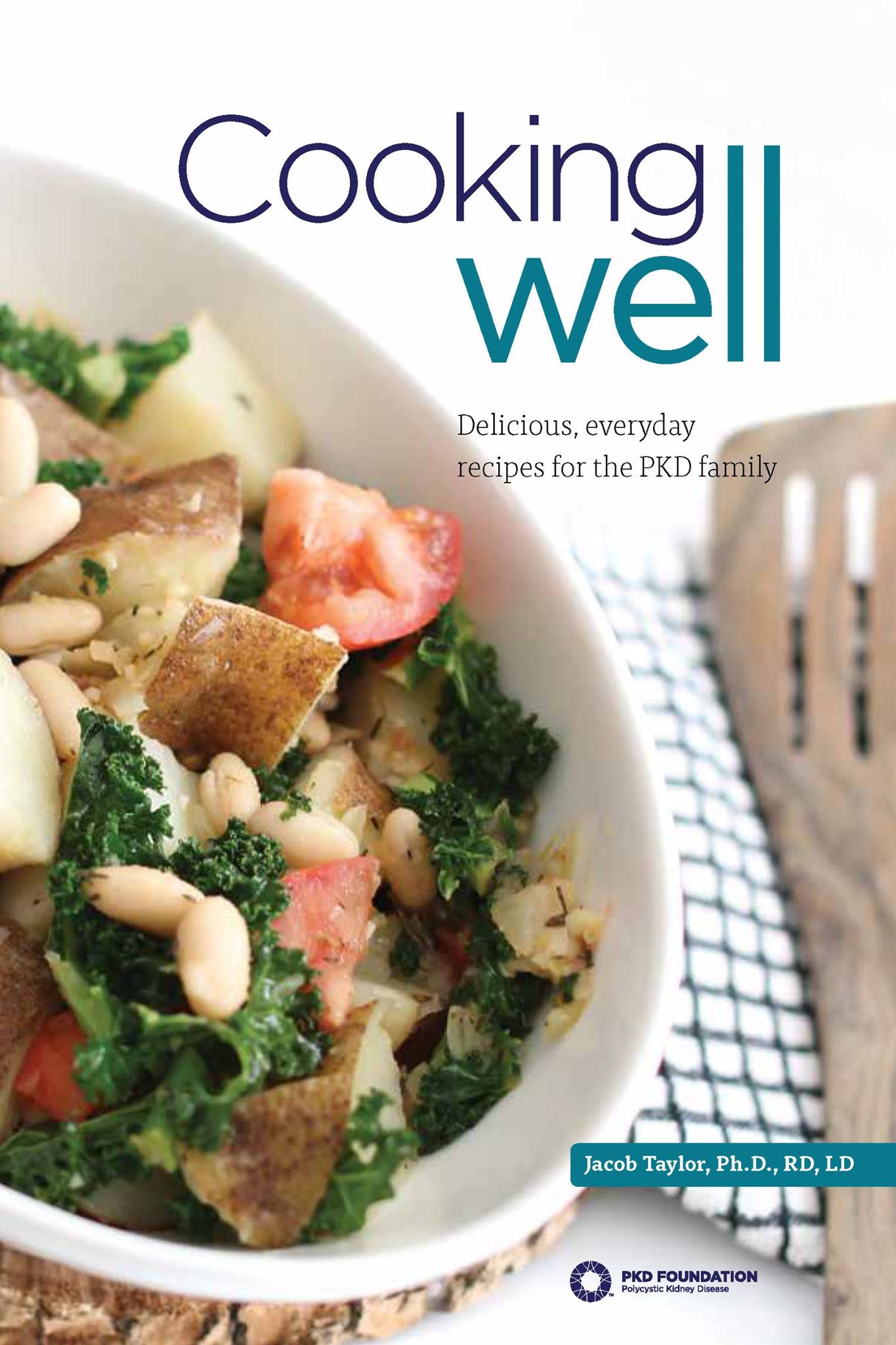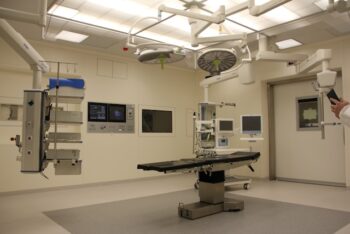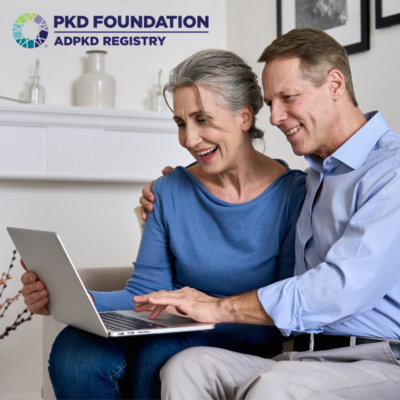resources
Cooking Well: Delicious, everyday recipes for the PKD family
29 August 2021
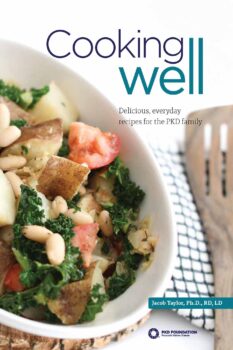
About
Author Jacob Taylor, Ph.D., RD, LD writes that “this cookbook provides those with PKD, who are looking to play an active role in their disease, a helpful hand in understanding how to change their diet, with recipes to suit.”
Learn more
Related Resources

- 2025
- ADPKD
- ADPKD Registry
- Clinical Trials
- Drug Therapy and Treatments

- 2025
- ADPKD
- Webinar
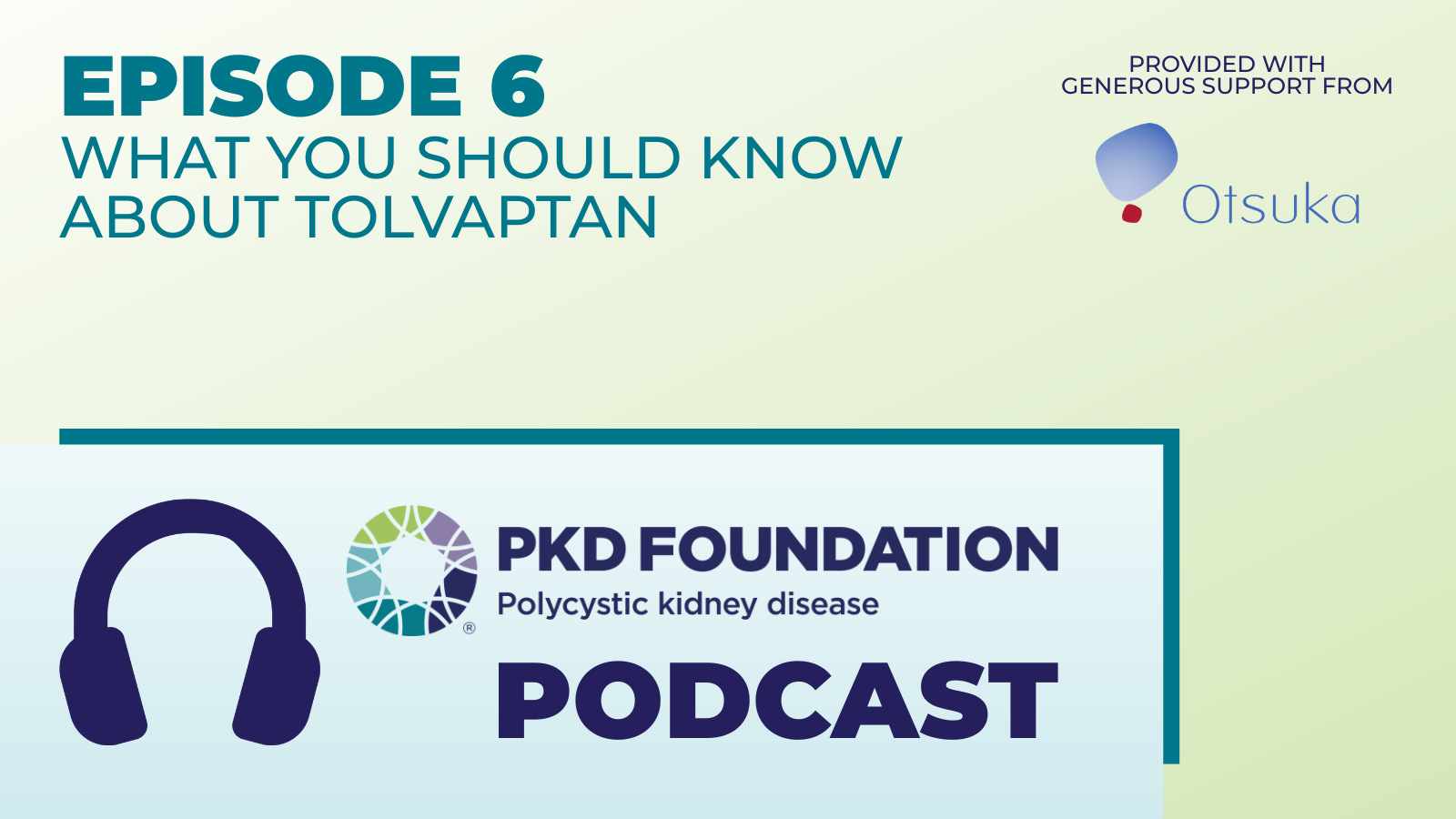
- ADPKD
- Drug Therapy and Treatments
- Management
- Podcast
- Tolvaptan
- Treatment

- 2025
- ADPKD
- Complications
- Living with PKD
- Polycystic Liver Disease
- Webinar

- 2025
- ADPKD
- Caregivers
- Complications
- Education
- Living with PKD
- Newly Diagnosed
- Polycystic Liver Disease
- Symptoms
- The Basics of PKD
- Webinar

- 2025
- ADPKD
- Caregivers
- Complications
- Diagnosis
- Education
- genetic testing
- genetics
- Living with PKD
- Newly Diagnosed
- The Basics of PKD
- Webinar
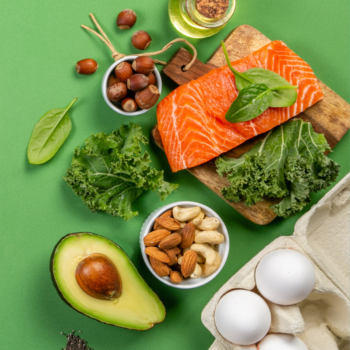
- Diet
- Family Life
- Living with PKD
- Recipes
- Staying Healthy





